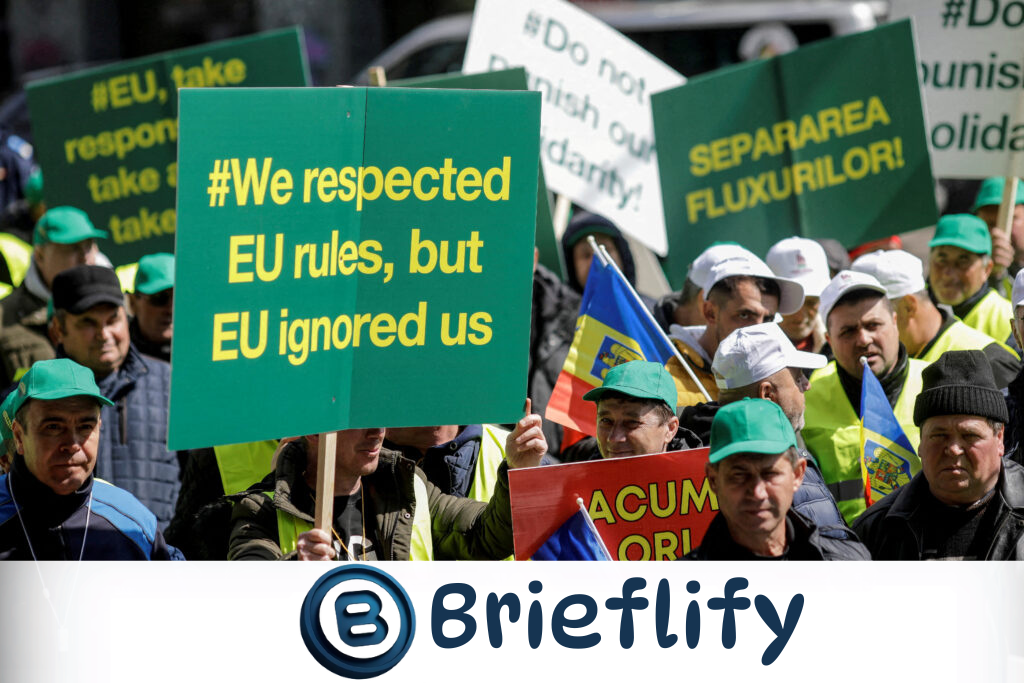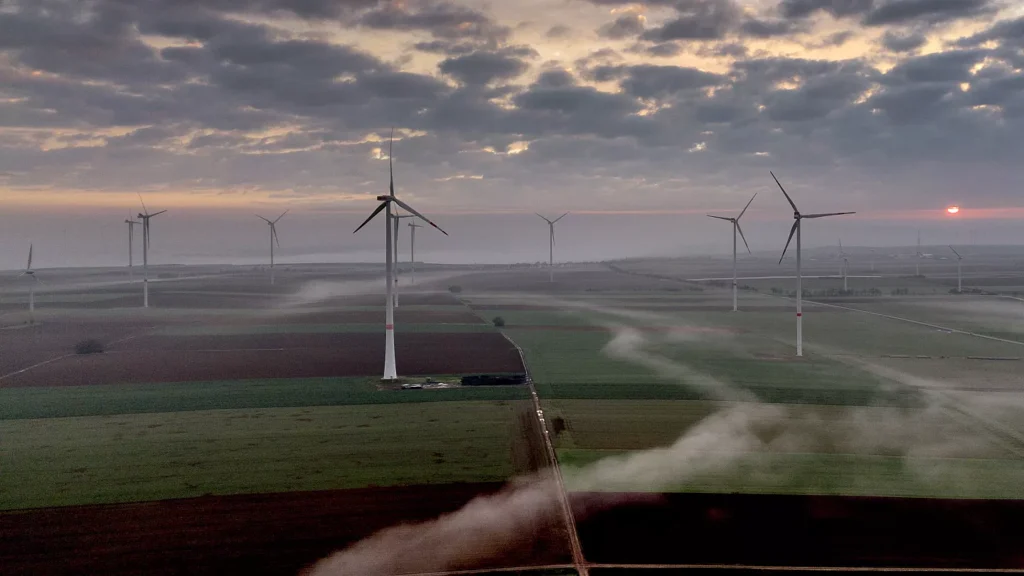In recent years, Europe has positioned itself at the forefront of global efforts to combat climate change. The European Union (EU) has launched ambitious initiatives, such as the European Green Deal, aimed at making Europe the first climate-neutral continent by 2050. However, the financial burden of these green policies is generating significant backlash among European voters. This discontent is reflected in the rise of populist parties, public protests, and shifting political landscapes, revealing the complex interplay between environmental responsibility and economic reality.

Implementing green policies comes with substantial costs. Transitioning to renewable energy sources, retrofitting buildings to be energy efficient, and adopting cleaner technologies require massive investments. For instance, the European Green Deal is estimated to cost around €1 trillion over the next decade. While the long-term benefits of reducing carbon emissions and mitigating climate change are undeniable, the immediate financial burden falls on governments, businesses, and citizens.
Governments are often forced to increase taxes or reallocate funds from other crucial sectors such as healthcare and education to finance these green initiatives. Businesses, particularly small and medium-sized enterprises (SMEs), face higher operational costs due to stricter environmental regulations. These increased costs are frequently passed on to consumers, resulting in higher prices for goods and services.
The financial impact of green policies has not gone unnoticed by the public. Across Europe, voters are expressing their dissatisfaction through various means. One prominent example is the rise of populist parties that challenge the mainstream political consensus on climate change. These parties often argue that green policies disproportionately affect the working and middle classes, exacerbating economic inequality.
In France, the Yellow Vests (Gilets Jaunes) movement emerged in 2018 as a response to a proposed fuel tax increase aimed at curbing carbon emissions. The protests quickly grew into a broader movement against high living costs and economic inequality, reflecting widespread frustration with the financial impact of environmental policies. The French government eventually suspended the fuel tax hike, highlighting the political sensitivity of green initiatives.
Similarly, in Germany, the far-right Alternative for Germany (AfD) party has capitalized on public discontent with the high costs of green policies. The AfD has positioned itself as a defender of ordinary citizens against what it portrays as elitist environmental agendas. This narrative resonates with voters who feel left behind by the green transition, contributing to the party’s electoral success.
The backlash against the cost of going green poses a significant challenge for European policymakers. Balancing ambitious environmental goals with economic realities requires a nuanced approach that addresses the financial concerns of voters while maintaining progress toward climate targets.
One potential solution is to ensure that the transition to a green economy is as inclusive as possible. This involves providing financial support and incentives to those most affected by green policies. For example, subsidies for energy-efficient home improvements can help lower-income households reduce their energy bills without bearing the upfront costs. Similarly, support for retraining programs can assist workers in transitioning to jobs in the green economy, mitigating the impact on employment in traditional industries.
Moreover, policymakers must enhance communication with the public to build broad-based support for green initiatives. This involves transparently explaining the long-term benefits of climate action, such as improved public health and reduced environmental risks, while acknowledging the short-term costs. Effective communication can help build a shared sense of purpose and commitment to the green transition.
The EU’s approach to addressing the financial burden of green policies must also emphasize solidarity among member states. Wealthier countries, which are better equipped to absorb the costs of the green transition, can support less affluent member states through funding and technological assistance. The EU’s Just Transition Mechanism, which aims to provide financial support to regions most affected by the green transition, is a step in the right direction. Ensuring that no region or community is left behind is crucial for maintaining political stability and unity within the EU.
The cost of going green is undeniably high, but the consequences of inaction are even greater. Climate change poses existential risks to ecosystems, economies, and societies worldwide. For Europe, the challenge lies in navigating the financial and political complexities of the green transition while ensuring social equity and economic resilience.

Achieving a just and sustainable transition requires collaborative efforts from all stakeholders—governments, businesses, and civil society. Policymakers must design green initiatives that are economically feasible and socially inclusive, providing adequate support to those most affected by the transition. Businesses need to innovate and invest in sustainable practices, while citizens must be engaged and informed participants in the process.
Ultimately, the backlash against the cost of going green underscores the importance of addressing the financial implications of environmental policies. By prioritizing social equity and economic resilience, Europe can continue to lead the way in the global fight against climate change, demonstrating that a sustainable future is within reach for all.
